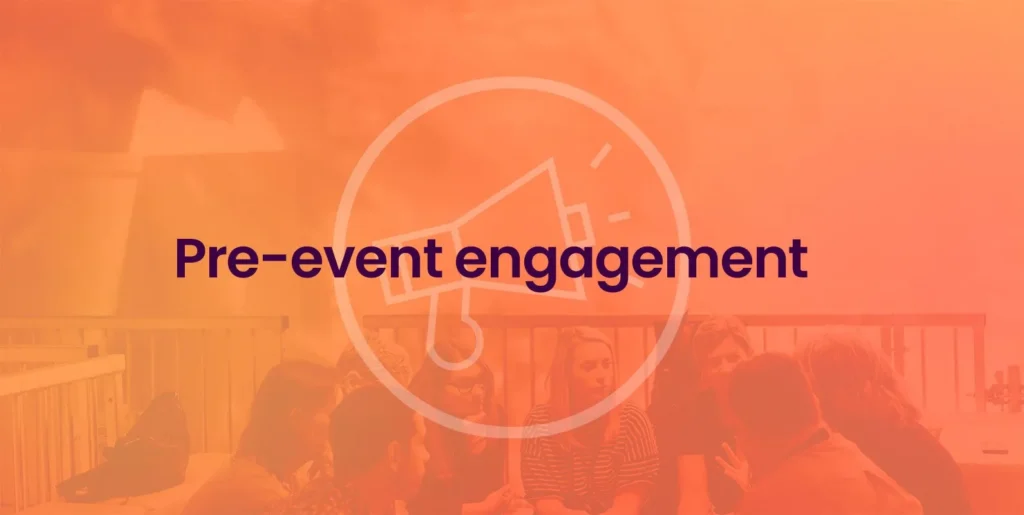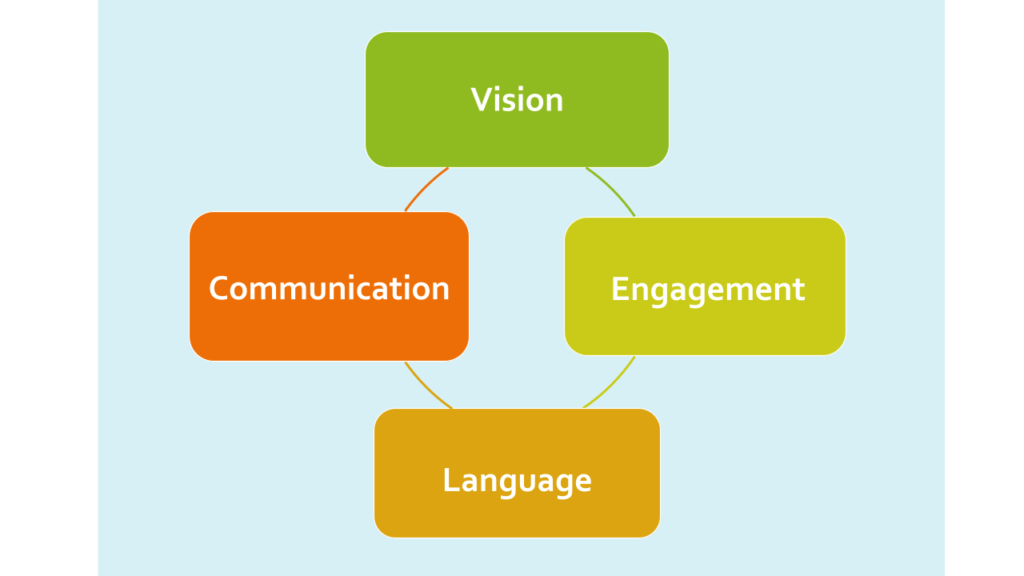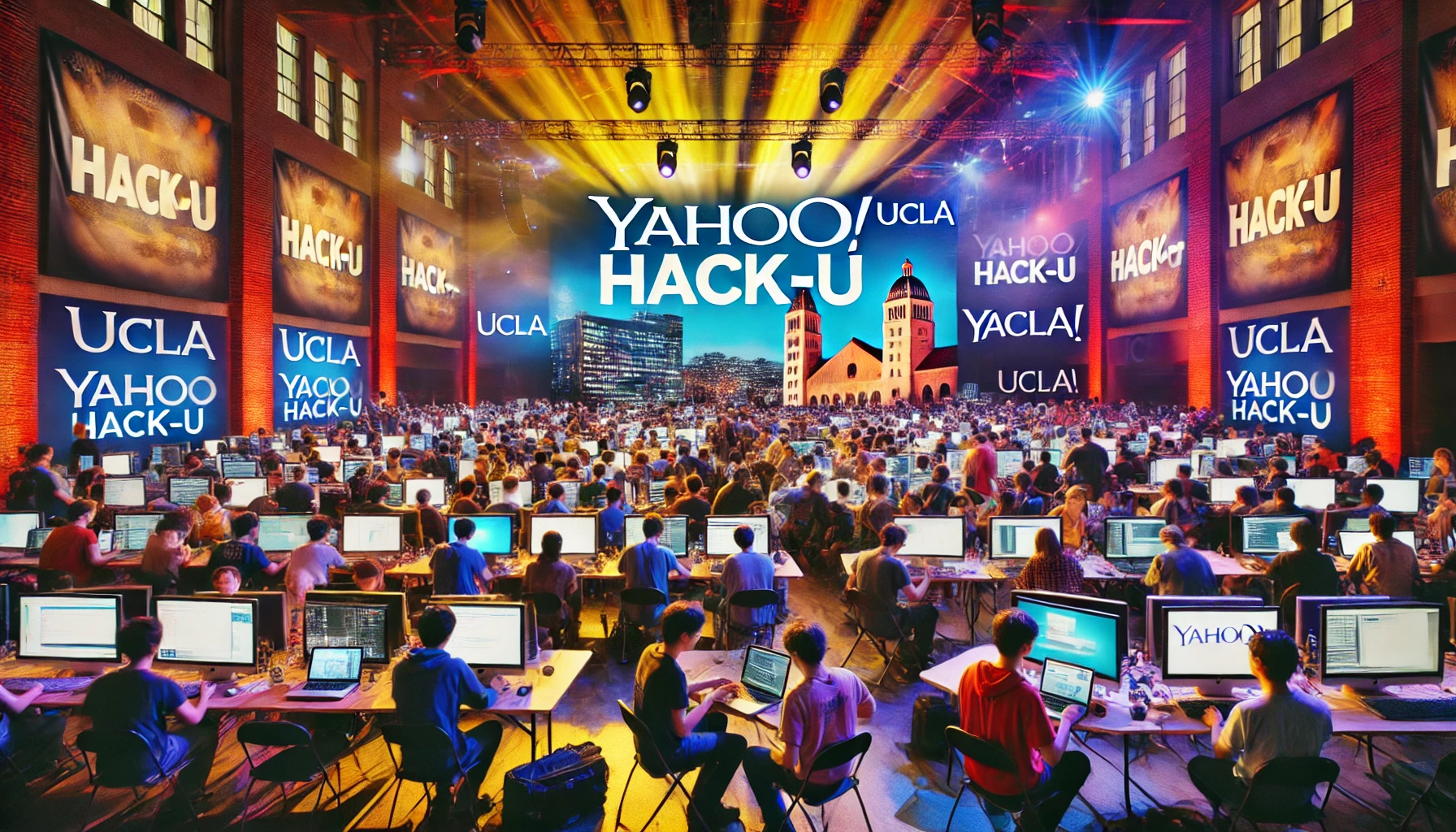Introduction
In 2011, UCLA hosted one of the most exciting and innovative tech events of the year: Yahoo Hack-U 2011 at UCLA. This event was part of Yahoo’s Hack University (Hack-U) series, which aimed to bring together students, developers, and tech enthusiasts from across the United States. The objective? To harness the power of creativity and technology by building innovative solutions within just 24 hours.
This hackathon wasn’t just about coding; it was about problem-solving, collaboration, and creativity under pressure. Yahoo Hack-U 2011 at UCLA became a landmark event, where participants showcased their talents, learned new skills, and potentially transformed their ideas into real-world applications. For many, this event was a stepping stone into the tech world, and it also contributed to the ever-growing culture of hackathons in universities across the country.
In this blog, we will delve deep into the highlights of Yahoo Hack-U 2011 at UCLA, the innovations that emerged, the challenges participants faced, and the lasting impact it had on the tech community.
What is Yahoo Hack-U?
Yahoo Hack-U was a series of university-based hackathons designed to ignite passion for coding, creativity, and innovation among students. With access to Yahoo’s powerful open APIs and tools, participants were tasked with creating a functional, unique, and impactful solution within a short period. These hackathons were held in top universities, and Yahoo Hack-U 2011 at UCLA was one of the most talked-about events.
At Yahoo Hack-U 2011 at UCLA, teams of students were given 24 hours to develop their projects. They were encouraged to think outside the box and come up with solutions that addressed real-world problems, combining Yahoo’s technology with their own creative flair. The event created an atmosphere of urgency and excitement, fostering teamwork, learning, and innovation at every stage.
Pre-Event Excitement

The buzz leading up to Yahoo Hack-U 2011 at UCLA was palpable. Students from various disciplines, including computer science, engineering, and design, eagerly awaited the chance to participate in the event. For weeks, teams were formed, ideas were brainstormed, and participants honed their skills in preparation for the big day.
Yahoo’s involvement added an extra layer of excitement. With the opportunity to work with Yahoo’s tools and technology, students saw this as a chance to not only build something extraordinary but also impress potential recruiters and tech leaders. For many, this was a dream opportunity to showcase their skills in front of an influential audience.
The Hackathon Format
The format of Yahoo Hack-U 2011 at UCLA was straightforward but intense. After a brief introduction to Yahoo’s APIs and the rules of the competition, participants were given the green light to start coding. Teams of two to five students worked together to create a functional project in just 24 hours. The pressure was on, and the clock was ticking.
Throughout the event, Yahoo mentors were available to provide guidance and technical support. These mentors were key to the success of many teams, helping them navigate technical challenges and offering advice on how to improve their projects. Yahoo also provided snacks, energy drinks, and plenty of coffee to keep participants fueled and focused throughout the long hours.
The Power of Yahoo’s Open APIs
One of the most exciting aspects of Yahoo Hack-U 2011 at UCLA was the access to Yahoo’s open APIs. These APIs allowed participants to tap into Yahoo’s vast ecosystem of data and services, enabling them to build powerful applications in a short amount of time. Whether it was integrating real-time weather data, creating customized search functions, or leveraging Yahoo’s powerful finance tools, the possibilities were endless.
Many teams used Yahoo’s APIs to add a layer of functionality to their projects that wouldn’t have been possible otherwise. This allowed students to focus more on the creative aspects of their projects, rather than spending time building basic infrastructure from scratch.
Collaboration and Teamwork

One of the defining characteristics of Yahoo Hack-U 2011 at UCLA was the emphasis on collaboration and teamwork. Students from different disciplines worked together, combining their skills to build something greater than the sum of their parts. Designers, developers, and engineers collaborated to create projects that were not only functional but also user-friendly and visually appealing.
The hackathon format forced participants to think quickly, adapt to challenges, and work efficiently as a team. Many teams had to pivot their ideas mid-way through the event, either due to technical challenges or time constraints. This required a level of flexibility and collaboration that is often difficult to achieve under normal circumstances.
Innovations at Yahoo Hack-U 2011 at UCLA
The projects that emerged from Yahoo Hack-U 2011 at UCLA were a testament to the creativity and ingenuity of the participants. Despite the time constraints, many teams were able to create innovative solutions that addressed real-world problems.
Here are some standout projects from the event:
- Smart Commute App: One team developed a smart commuting app that provided users with real-time data on traffic, public transportation schedules, and the best routes to take. By integrating Yahoo’s weather and map APIs, the app was able to provide personalized recommendations based on the user’s location and the current traffic conditions.
- Collaborative Study Platform: Another group built a platform that connected students for study groups based on shared courses and interests. The app used Yahoo’s social and search APIs to allow students to find study partners, schedule study sessions, and share resources.
- Eco-Friendly Reminder System: A project designed to help users reduce their environmental footprint. The app reminded users to complete eco-friendly tasks, such as recycling, reducing water usage, and turning off lights. By utilizing Yahoo’s finance APIs, the app also provided users with information on how their actions saved money and benefited the environment.
These are just a few examples of the projects that came out of Yahoo Hack-U 2011 at UCLA. Each team brought something unique to the table, and the level of innovation was impressive across the board.
Challenges Faced by Participants
Hackathons are known for their high-pressure environments, and Yahoo Hack-U 2011 at UCLA was no different. Participants faced a number of challenges throughout the event, from technical bugs to time management issues. For many students, this was their first hackathon, and the pressure to deliver a finished project in just 24 hours was overwhelming.
One of the most common challenges was learning how to use Yahoo’s open APIs effectively. While the APIs provided a wealth of resources, they were also complex and required a steep learning curve. Teams had to quickly figure out how to integrate these tools into their projects without wasting precious time.
Time management was another major hurdle. With just 24 hours to complete their projects, many teams found themselves rushing to finish in the final hours. This often led to sleepless nights, as participants worked through the night to meet the deadline.
Despite these challenges, the atmosphere at Yahoo Hack-U 2011 at UCLA remained positive. Teams supported each other, and the mentors provided invaluable assistance. The collaborative spirit of the event helped participants push through the difficulties and create something truly remarkable.
Final Presentations and Judging

The climax of Yahoo Hack-U 2011 at UCLA came with the final presentations. After 24 hours of non-stop coding, teams presented their projects to a panel of judges that included Yahoo executives, UCLA professors, and industry experts. Each team had a limited amount of time to showcase their project, explain how they used Yahoo’s APIs, and demonstrate the functionality of their application.
The judges evaluated each project based on creativity, functionality, and potential impact. While only a few teams walked away with prizes, every participant gained valuable experience and had the opportunity to showcase their talents in front of influential tech leaders.
The projects that won were not only innovative but also had the potential for real-world application. Teams that combined technical excellence with user-friendly designs and impactful solutions were recognized for their efforts.
The Impact of Yahoo Hack-U 2011 at UCLA
For many participants, Yahoo Hack-U 2011 at UCLA was a life-changing experience. The event provided students with the opportunity to learn new skills, collaborate with peers, and gain exposure to the tech industry. Some teams even went on to develop their projects further, turning their hackathon ideas into fully-fledged startups.
The impact of Yahoo Hack-U 2011 at UCLA extended beyond the participants themselves. The event helped foster a culture of innovation and entrepreneurship within the UCLA tech community. It also contributed to the growing popularity of hackathons as a platform for students to showcase their skills and gain real-world experience.
Conclusion
Yahoo Hack-U 2011 at UCLA was more than just a hackathon—it was a celebration of creativity, innovation, and collaboration. The event brought together some of the brightest minds in the tech world and challenged them to think outside the box. The projects created during the event demonstrated the power of technology to solve real-world problems and improve people’s lives.
For the participants, Yahoo Hack-U 2011 at UCLA was a defining moment in their academic and professional careers. It provided them with the skills, confidence, and connections needed to succeed in the competitive tech industry. The event’s legacy continues to inspire students and developers to this day, proving that with the right tools, a little creativity, and a lot of determination, anything is possible.
